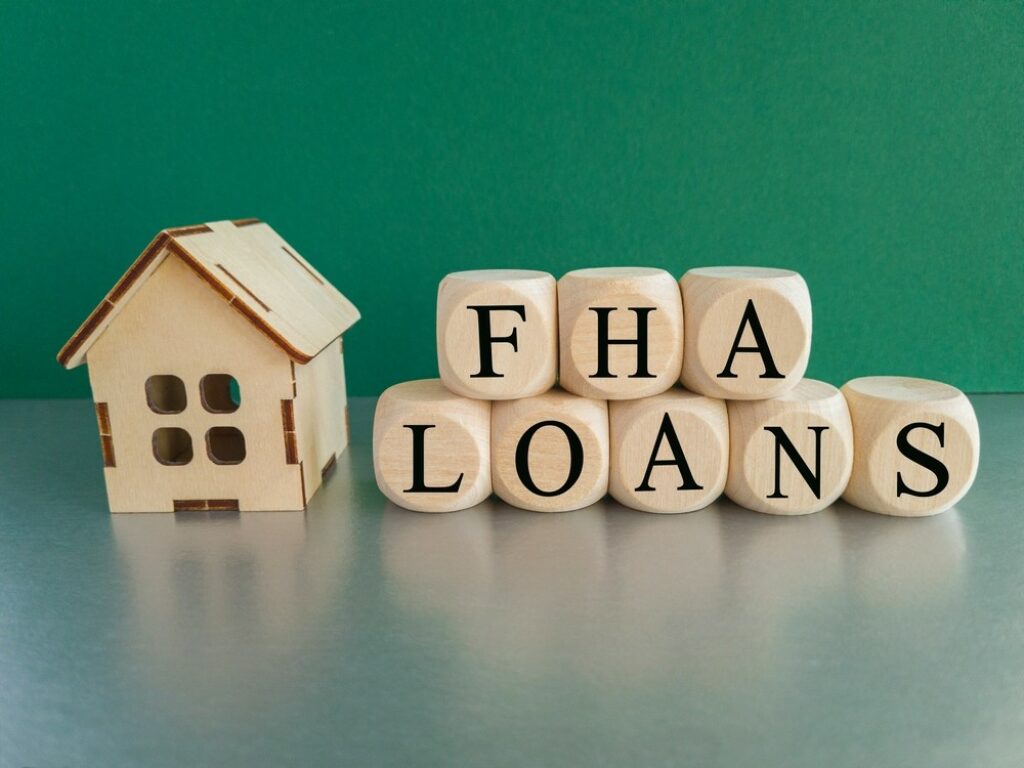
What Are FHA Loans and How Can You Use Them
Buying a home is the most expensive purchase most people will ever make. Therefore, almost all home buyers will need to borrow money to help finance the purchase. This type of loan is generally known as a mortgage. The government has special mortgage programs to help people buy a home, one of which is an FHA mortgage.
Related Topics (Sponsored Ads):
An FHA loan is a mortgage insured by the Federal Housing Administration, which is part of the U.S. Department of Housing and Urban Development. The federal government doesn’t directly finance FHA loans, but it does insure them. That insurance protects lenders in case of default, which is why FHA lenders are willing to offer favorable terms to borrowers who might not qualify for a conventional regular home loan.
These FHA loans are given by private, FHA-approved lenders, including many banks, credit unions and approved online lenders. Typically, people with low down payment ability and less than strong credit scores will benefit the most from a FHA mortgage loan. The details and requirements for these FHA loans, plus how they can be used, are discussed below.

Who Is Eligible
Besides basic requirements of being an adult who is a citizen or legal resident, there are no special requirements. This is in contrast to VA loans which require the borrower to be a military member or veteran and USDA loans which require the home to be in a designated rural area. However, there are several financial and other requirements which are listed below.
Types of Homes
The home can be located anywhere in the US. A major requirement is that the home must be the borrower’s primary residence. It can’t be used as an investment that is rented out or just be a vacation home. However, having an FHA loan does not prevent you from owning such rental or vacation properties.
The types of homes that can be financed with an FHA mortgage are:
• Single-family houses.
• Two- to four-unit multifamily homes.
• Condominium units.
• Certain manufactured homes (that are attached to a permanent foundation).
However, all properties — existing or new construction — must undergo and pass an FHA appraisal. If the property meets government standards, then you can use an FHA loan to buy (or refinance) it.
Down Payment
Except for the government’s VA mortgage program, all types of mortgages require a down payment. This is perhaps the biggest hurdle for people, especially first-time home buyers. Just like the advantage of a lower credit score, a big advantage of FHA is a low down payment. While a conventional (not a government program) mortgage will typically require a minimum of 20% down, FHA typically requires only a minimum of 3.5% down for borrowers with a credit score of at least 580. Lenders who make loans to borrowers with scores of 500 – 579 will require a minimum of 10% down.
Another FHA advantage is that borrowers are allowed to use monetary gifts from friends and family members to help with the required down payment, which conventional mortgage loans usually do not allow. Also, eligible first-time home buyers can get down payment assistance from several different down payment assistance programs.
Maximum Mortgage Amount
The maximum dollar amount of an FHA mortgage is set by the government and varies by location of the home. In low cost of living counties the maximum mortgage amount is $472,030. In high cost of living counties, this maximum amount is $1,089,300. Of course, the maximum can be anywhere between depending of the cost of living in the county involved. Borrowers are allowed to pay more than the required down payment if they wish to bring the mortgage amount down to what’s allowed.
Credit and Income Requirements
As with all types of loans, FHA lenders want borrowers to have a credit score which indicates that the mortgage payments will be made as required. A main advantage of FHA loans is that a lower credit score is often acceptable as compared to a conventional mortgage. While technically it is possible to get a FHA loan with a credit score as low as 500, it usually requires a score of at least 580. Also, it is possible to qualify even with a past bankruptcy (but not unpaid taxes or student loans).
There is no general minimum or maximum income requirement. FHA rules look at what is called the debt-to-income (DTI) ratio. Generally, this must be no more than 43% of your gross income. Such included debt includes the mortgage payment, any other mortgage or rent payments and all other loan payments including car loans and credit cards. Thus, the lower this DTI is, the better (which you can improve by increasing your income and/or lowering your debt payments).
Purchase and Refinance Loans
Basic Home Mortgage 203(b): Is the standard home loan backed by the FHA. Only primary residences — not vacation or second homes — qualify for FHA-insured loans.
FHA rate and term refinance: This option can help lower your interest rate or shorten the length of the loan.
FHA streamline refinance: This can save you time and paperwork because it doesn’t require a new appraisal.
FHA cash-out refinance: This loan replaces your current mortgage with a new, larger loan. The difference is paid to you in cash.
Renovation Loans
FHA 203(k) rehabilitation mortgages: This option helps borrowers finance fixer-uppers by rolling purchase and renovation costs into one loan. The standard 203(k) loan lets borrowers finance improvements over $5,000. The FHA limited 203(k) loan lets borrowers finance improvements up to $35,000.
Title 1 Property Improvement Loans: These loans are also available to finance home repairs and improvements. Homeowners can obtain this loan without refinancing their existing mortgage, and the funds can be used to supplement a 203(k) loan. However, you can borrow only up to $25,000 for a single-family home.




